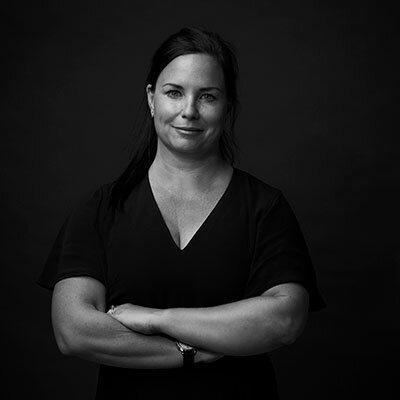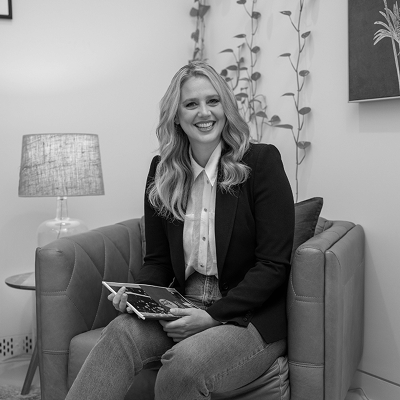
ASKING FOR A FRIEND
I recently started a new role as an Account Exec but I'm not very busy. How do I ask for more work without coming across as nagging?
ASKING FOR A FRIEND - QUESTION
Starting as an account executive with less work than expected? Industry leaders Jasmin Bedir (CEO of Innocean Australia), psychologist Tara Hurster (founder of The TARA Clinic), and Andy Wright (founder of Never Not Creative) explore why this happens and what to do about it. From agency financial pressures to management learning curves, discover the hidden factors behind light workloads and learn how to navigate this surprisingly common challenge. Sometimes the discomfort isn't about the work itself, but about adjusting to a healthier environment than you're used to.
When You're Hungry for More: Navigating Light Workloads as a New Account Executive
Starting a new role with less work than expected can feel surprisingly unsettling. When you're eager to prove yourself but find your days lighter than anticipated, it's natural to wonder if you're missing something or not living up to expectations.
This question was answered by Jasmin Bedir, CEO of Innocean Australia and founder of Fckthecupcakes, alongside Tara Hurster, psychologist and founder of The TARA Clinic, and host Andy Wright, founder of Never Not Creative. Their combined expertise in agency leadership, mental health, and industry wellbeing offers valuable perspective on this common early-career challenge.
Understanding the Bigger Picture
There might be more happening behind the scenes than meets the eye. As Jasmin explains, "Coming from the employer point of view, which is sometimes a side that you don't necessarily see when you are a junior... you do not know what's going on in the agency."
Several factors could be at play. The agency might be facing client challenges or financial pressures that have temporarily reduced project work. "That could be, for instance, that the agency is on the verge of losing a client," Jasmin notes. In these situations, employers often try to maintain stability without creating panic amongst the team.
Alternatively, if this is a completely new role, the agency might still be figuring out how to structure your responsibilities effectively.
The Management Learning Curve
Your manager might be grappling with their own challenges around delegation. Andy points out a common scenario: "If you are working for someone that hasn't necessarily had a direct report before... you often find people who have moved into roles where they do have new experience of management that then they haven't worked out how to let go yet."
Many new managers default to thinking "I'll just do it because it'll be quicker" rather than taking time to properly delegate and train. This creates a bottleneck that leaves eager team members with less work than they'd like.
Examining Your Own Comfort Zone
Sometimes the discomfort isn't about the workload itself, but about receiving positive feedback. Tara offers an insightful perspective: "What's coming up for you to not be okay with being able to sit with the feedback that you're being given already, which is that everyone is saying that you're doing a great job?"
If you've come from a previous role where you were overworked or undervalued, a healthier work environment can feel surprisingly uncomfortable. "These are things that if we're used to a certain thing and then we go into a new environment where that thing doesn't feel the same, it can really feel uncomfortable, even if it's in a positive direction," Tara explains.
Taking Action Without Nagging
The key is having the right conversations at the right time. Consider discussing delegation opportunities directly with your manager, exploring what tasks they might be ready to hand over. Frame it as wanting to contribute more meaningfully rather than simply asking for more work.
Give the situation some time to develop, especially if it's a new role or you're working with a new manager. Sometimes patience allows natural growth opportunities to emerge.
Remember that doing great work consistently, even on a lighter workload, builds trust and credibility that will serve you well when bigger opportunities arise. Your eagerness to contribute is an asset, not a problem.
Meta description: Feeling underworked as a new account executive? Discover why light workloads happen and how to navigate them professionally while building your career foundation.
our guests
Industry Leader

Jasmin Bedir
Innocean
Mental Health Expert

Tara Hurster
Host

